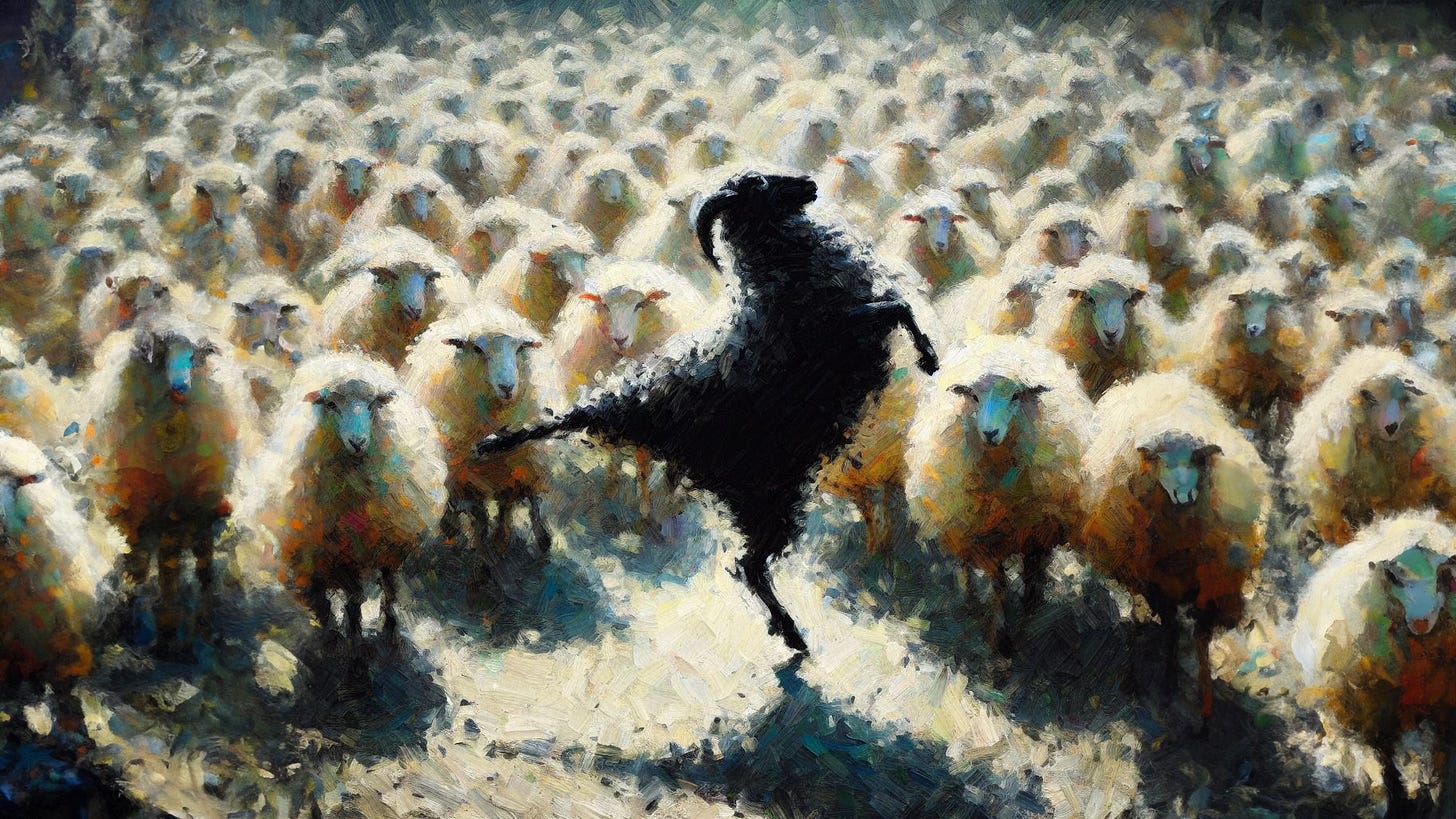Anti-Racism Dismantles Communities, Not Oppression
For me, the world of dance was a utopia disconnected from the everyday ugliness. Until it wasn’t.
I grew up attending integrated public schools in Atlanta. From the start, I was used to being in the minority: I’m white and my friends were almost all black or Hispanic, and when I was a freshman in high school, in 2010, I came out as a lesbian. Neither my race nor my sexual orientation mattered to my friends. One reason for that was dance and music and the belief that my friends and I shared that art can change people, give them purpose, communicate something beautiful and transformative.
I moved to New York City when I was 18, but the day after George Floyd was murdered in Minneapolis, I was back in Atlanta visiting my parents, and I drove to my friend Sean’s house. He lived in a quiet, black suburb called Camp Creek filled with orderly, identical homes.
That night, I remember wanting to wrap my arms around my friends, to be there for them in what felt like this unbelievably dark moment. As the protests turned to riots closer to the heart of the city—just a few miles east of Camp Cre…





